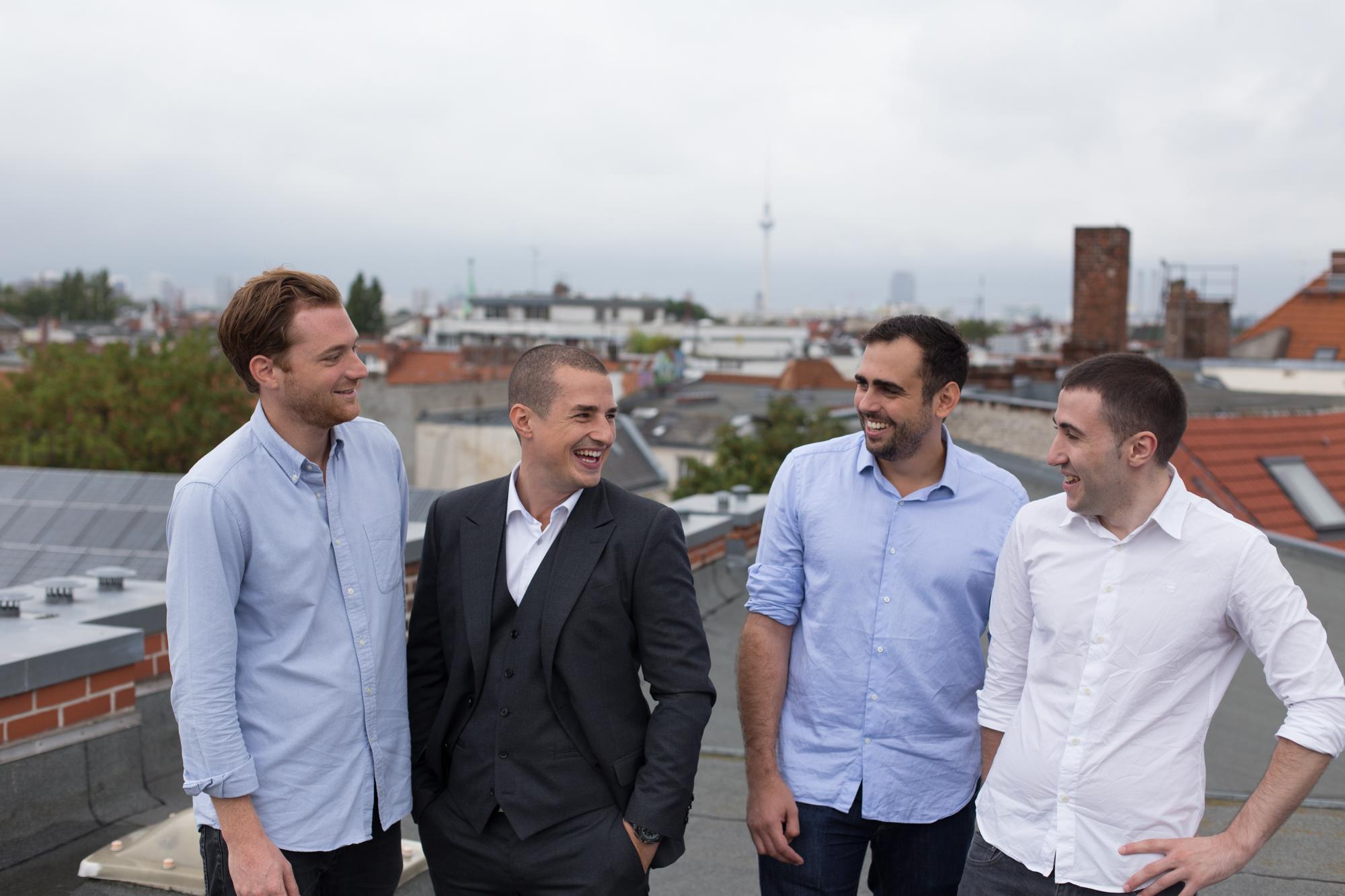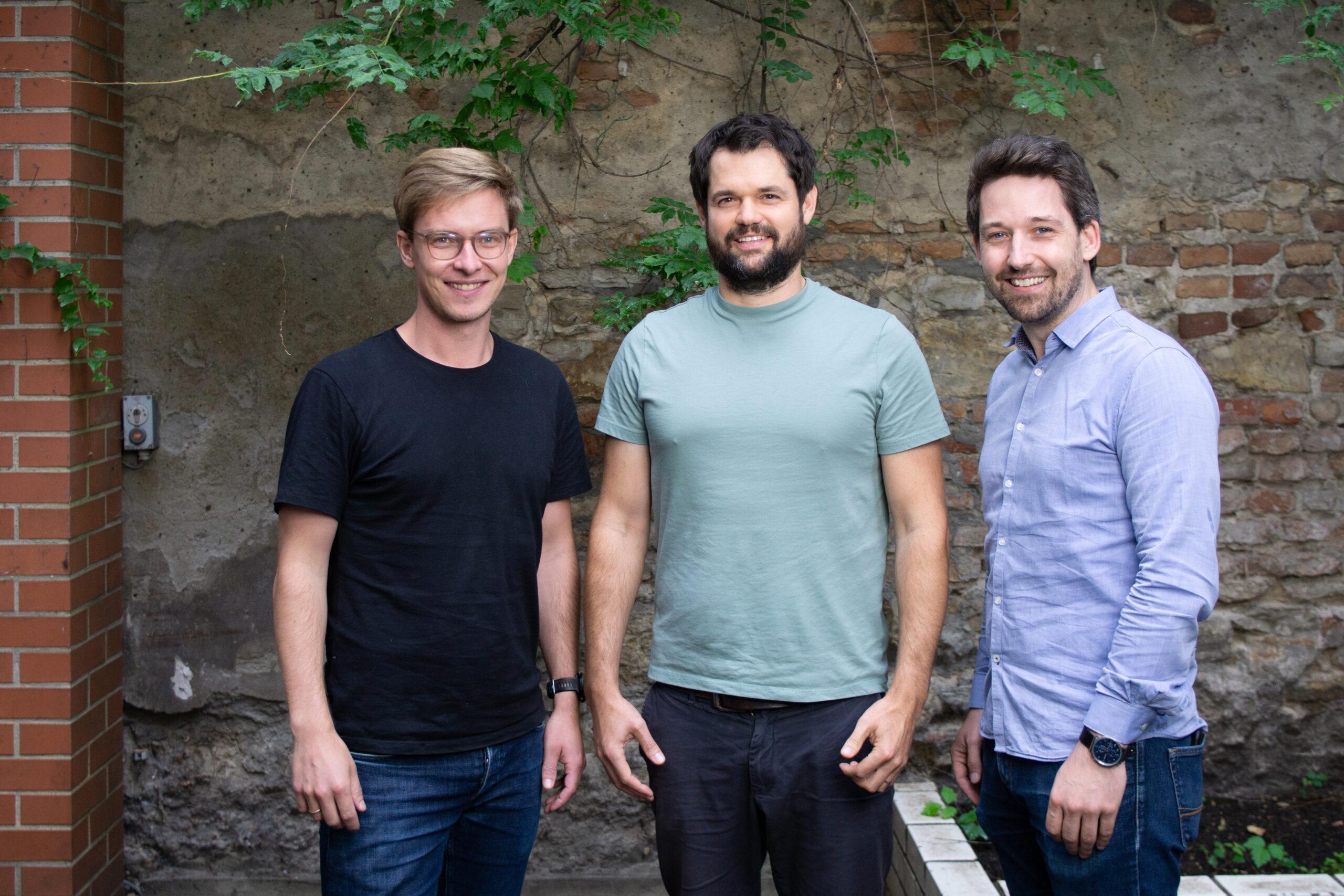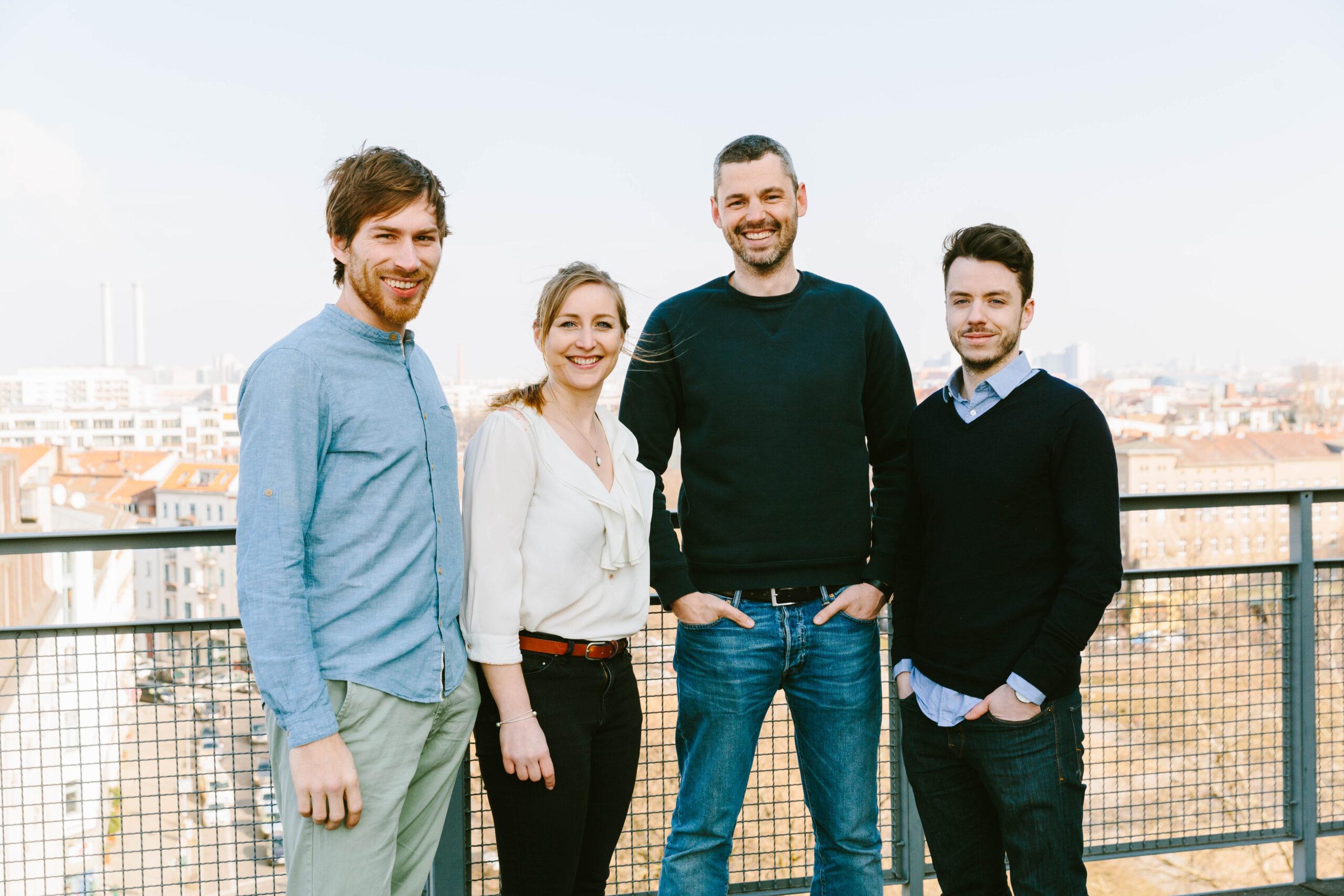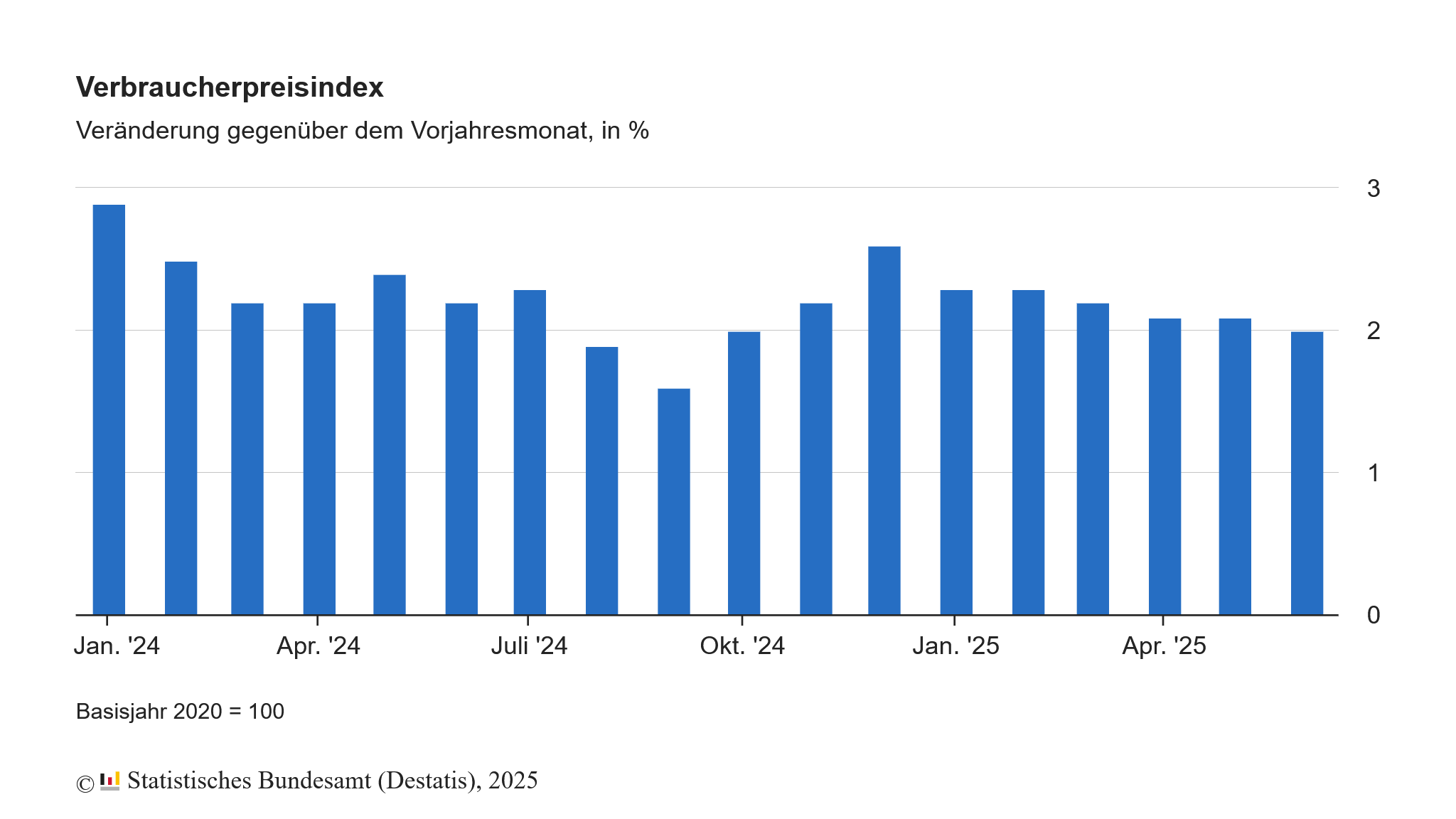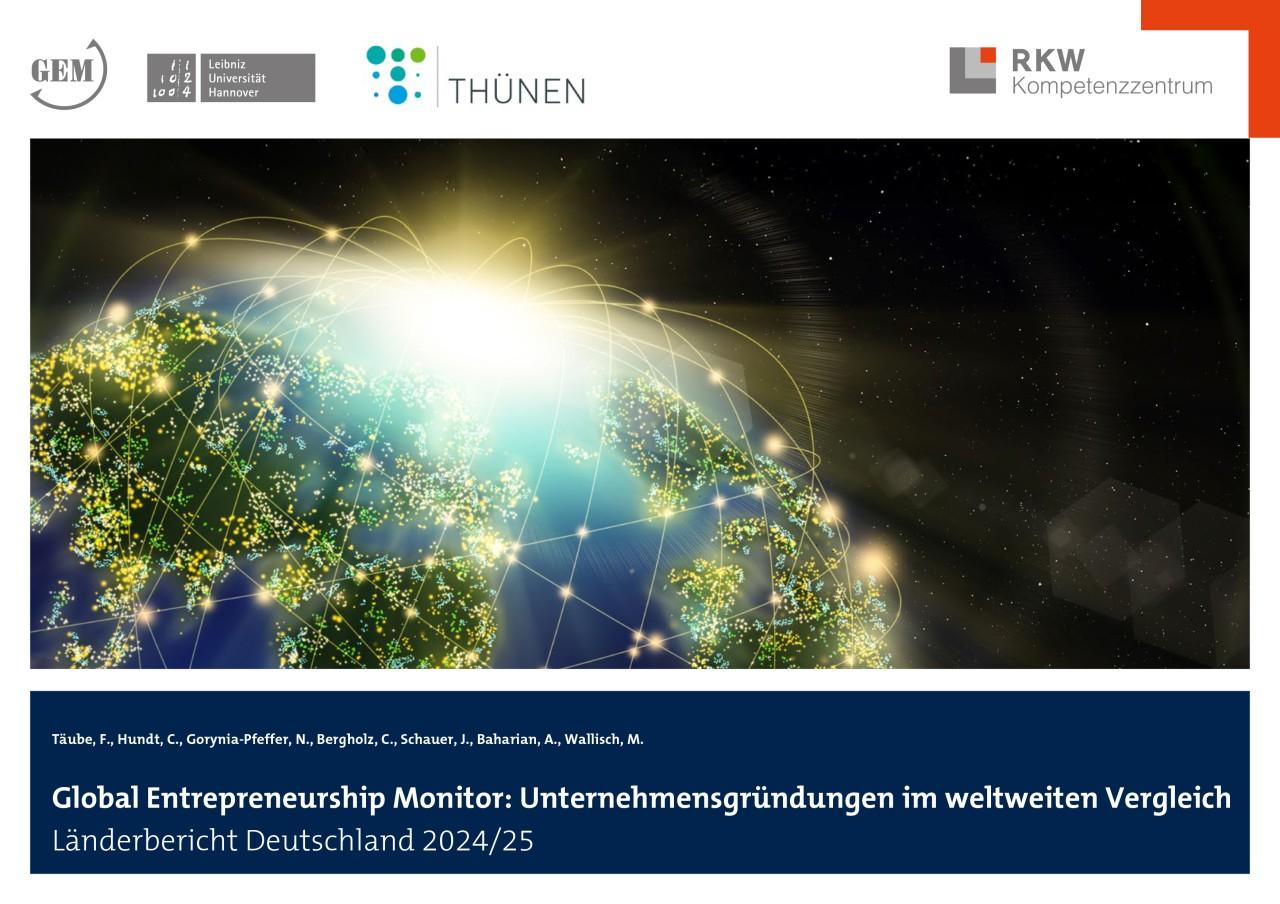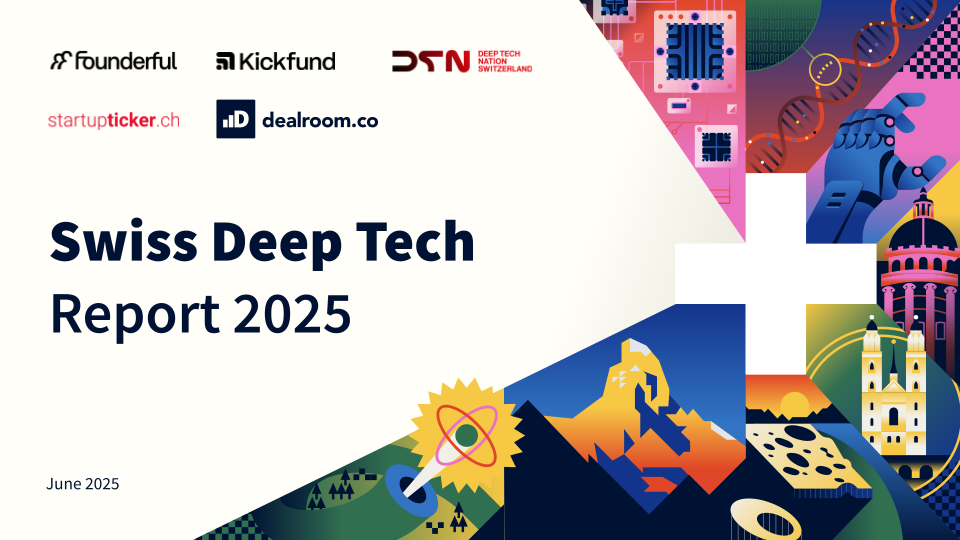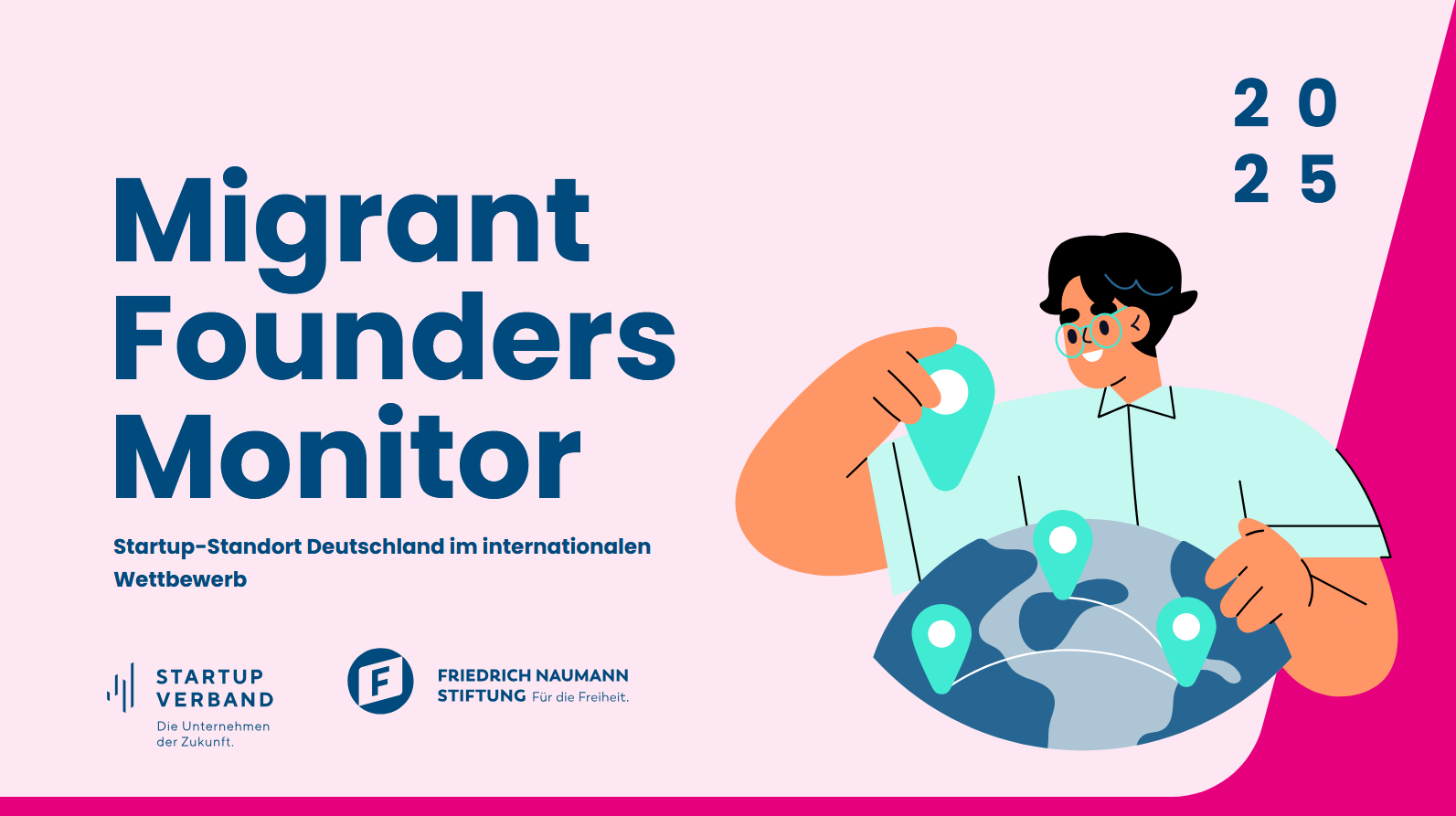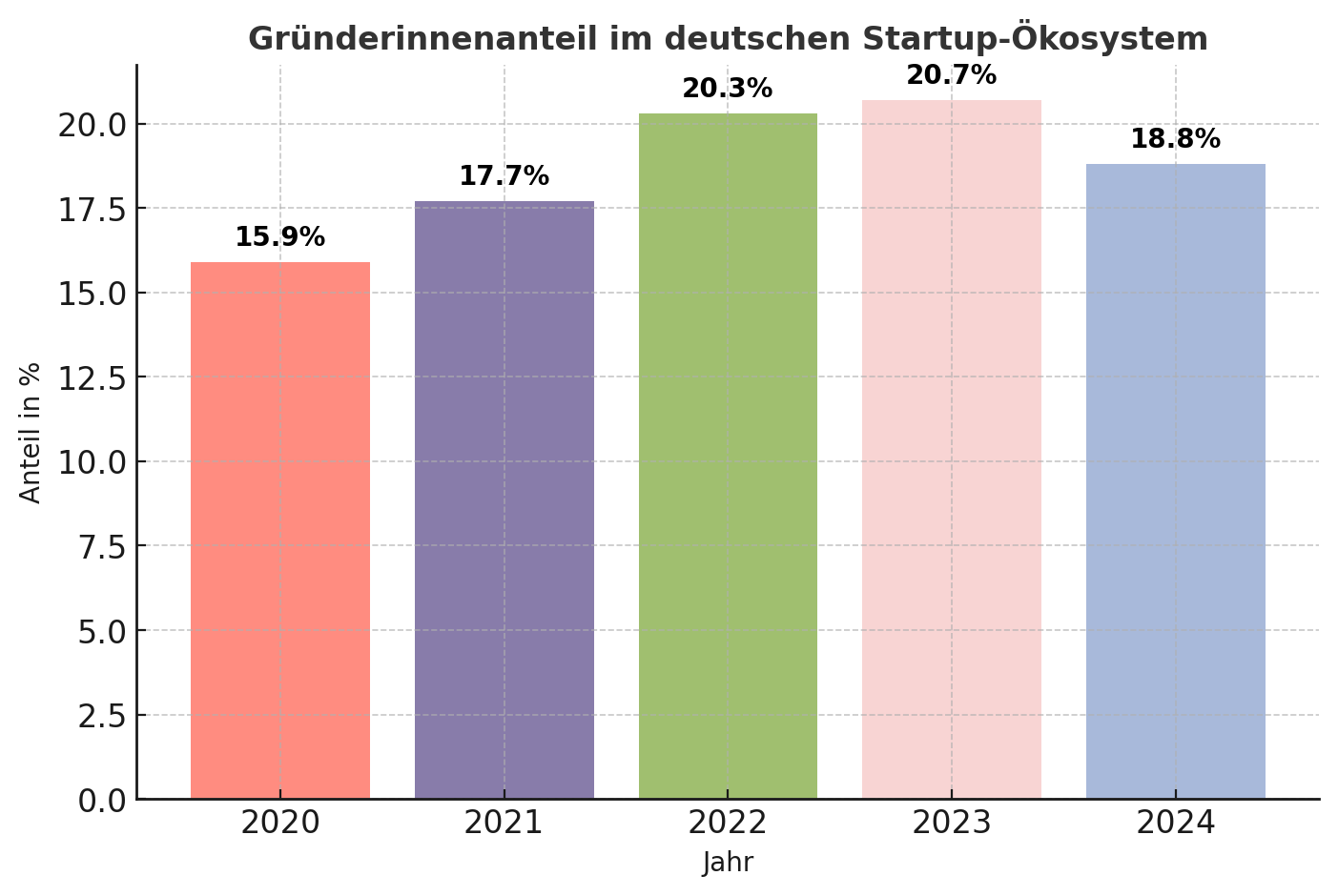Why Germany should provide more support for founders with a migration background
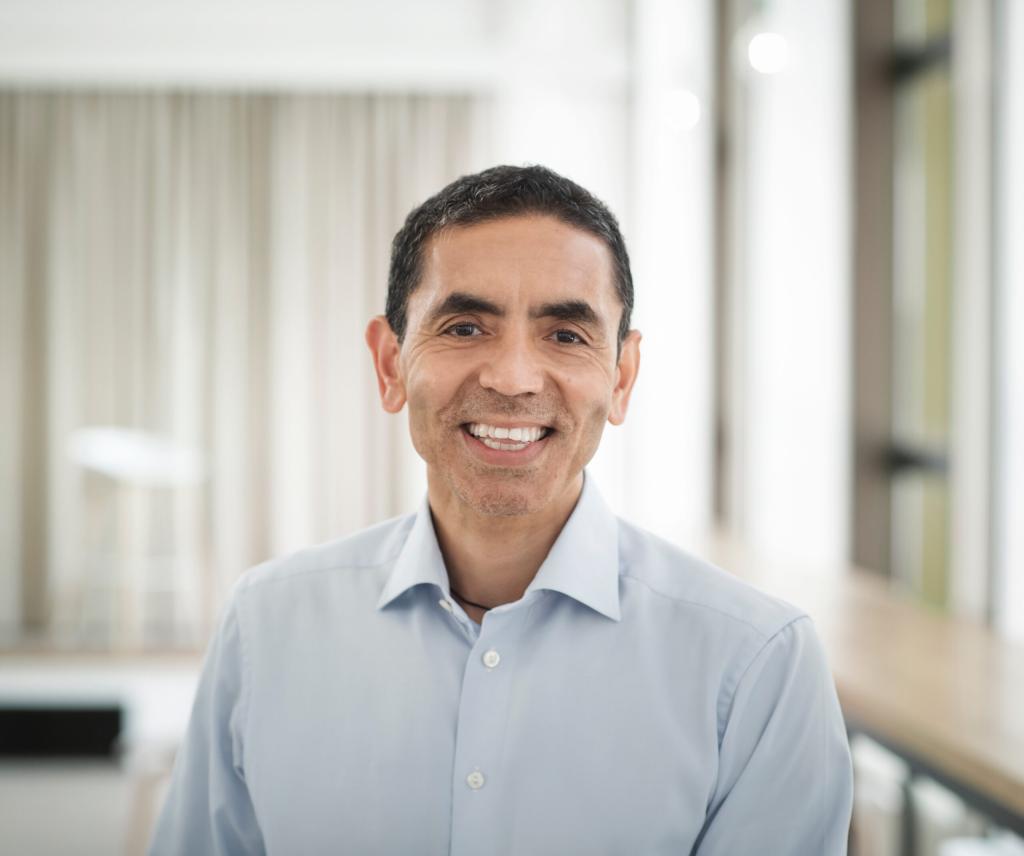
Founders with an immigrant background still have a hard time in Germany. Yet they bring a lot to the table that would enrich the German start-up landscape.
Let's take the big start-up success stories of recent years. First there was Biontech: the biotech start-up from Mainz was the first western company to develop an approved mRNA corona vaccine, and the founding couple Ugur Sahin and Özlem Türeci were showered with prizes as a result. Kagan Sümer, who scaled up his food delivery service Gorillas in a very short time, was not showered with awards, but with a lot of money. And Delivery Hero, led by Niklas Östberg, was the first (former) start-up to make it into the DAX, at least temporarily.
All of these founders have something in common: a migrant background, either in previous generations like Sahin, Türeci and Sümer, or personally, like the Swede Östberg. These examples show: Founders with a migration background are not only present in the German start-up scene, they are also extremely successful.
So can the sector serve as a role model for the rest of the German economy, where such personalities still often find it difficult to rise to the top? Unfortunately, it's not quite that simple. In fact, there is still some catching up to do here too. 21.5 percent of founders in Germany have a migration background, as the German Startups Association found out in its Migrant Founders Report 2022, which the organization published together with the Friedrich Naumann Foundation. A respectable figure. However, it is still below the 26% of the total population that have a migrant background according to the Federal Statistical Office.
Alexander Hirschfeld, Head of Research at the Startup Association, has identified three problems that still make life difficult for founders with a migrant background in Germany, especially those who have immigrated here themselves. "The first barrier is language, I think that's self-explanatory," he says: "Then there are bureaucratic hurdles and a lack of networks." By bureaucratic hurdles, he means, for example, obtaining a work permit or applying for funding. "This is mostly only possible in German, which naturally slows down people who want to come here and start a business," he explains. The lack of networks, in turn, is directly reflected in the funding of start-ups by Migrant Founders. "According to our survey, 15 percent of them received venture capital, in contrast to 20 percent of start-ups overall," says Hirschfeld.
Such hurdles mean that Germany is failing to exploit the huge potential that lies dormant in this community. Founders with a migrant background not only have a higher proportion of university graduates, they are also much more willing to take risks than their counterparts without. They are more likely to want to work with venture capital and have more ambitious goals in terms of exit size, as the Migrant Founders Report states. And they generally recruit their employees more internationally than other founders. On average, around 50 percent come from abroad. The potential talent pool for companies founded by migrant founders is therefore larger and the chance of finding highly qualified specialists is higher.
Prospective founders in particular who are looking for a possible location in Europe but have no particular relationship with Germany could be lost. London, for example, is much more attractive for this group, says Hirschfeld. "Everything is in English there, which makes it easier to get started," he says. Strong start-up locations such as Berlin or Munich, which play at the top internationally, would have to adapt their offerings here if they want to remain competitive. In other words: simplify applications and, if possible, offer them in English.
The scene itself can also do something, for example through support services and networks. The first projects already exist: the Vision Lab from venture capitalist Earlybird, for example, a six-month program that Earlybird uses together with partners to promote founders with a migration background, or 2Hearts, a network that brings tech entrepreneurs together across Europe.
So the awareness seems to be there. The gap between founders and the population as a whole may be closing. And who knows whether the new Biontech is hiding in the remaining five percent.

Newsletter
Startups, stories and stats from the German startup ecosystem straight to your inbox. Subscribe with 2 clicks. Noice.
LinkedIn ConnectFYI: English edition available
Hello my friend, have you been stranded on the German edition of Startbase? At least your browser tells us, that you do not speak German - so maybe you would like to switch to the English edition instead?
FYI: Deutsche Edition verfügbar
Hallo mein Freund, du befindest dich auf der Englischen Edition der Startbase und laut deinem Browser sprichst du eigentlich auch Deutsch. Magst du die Sprache wechseln?






